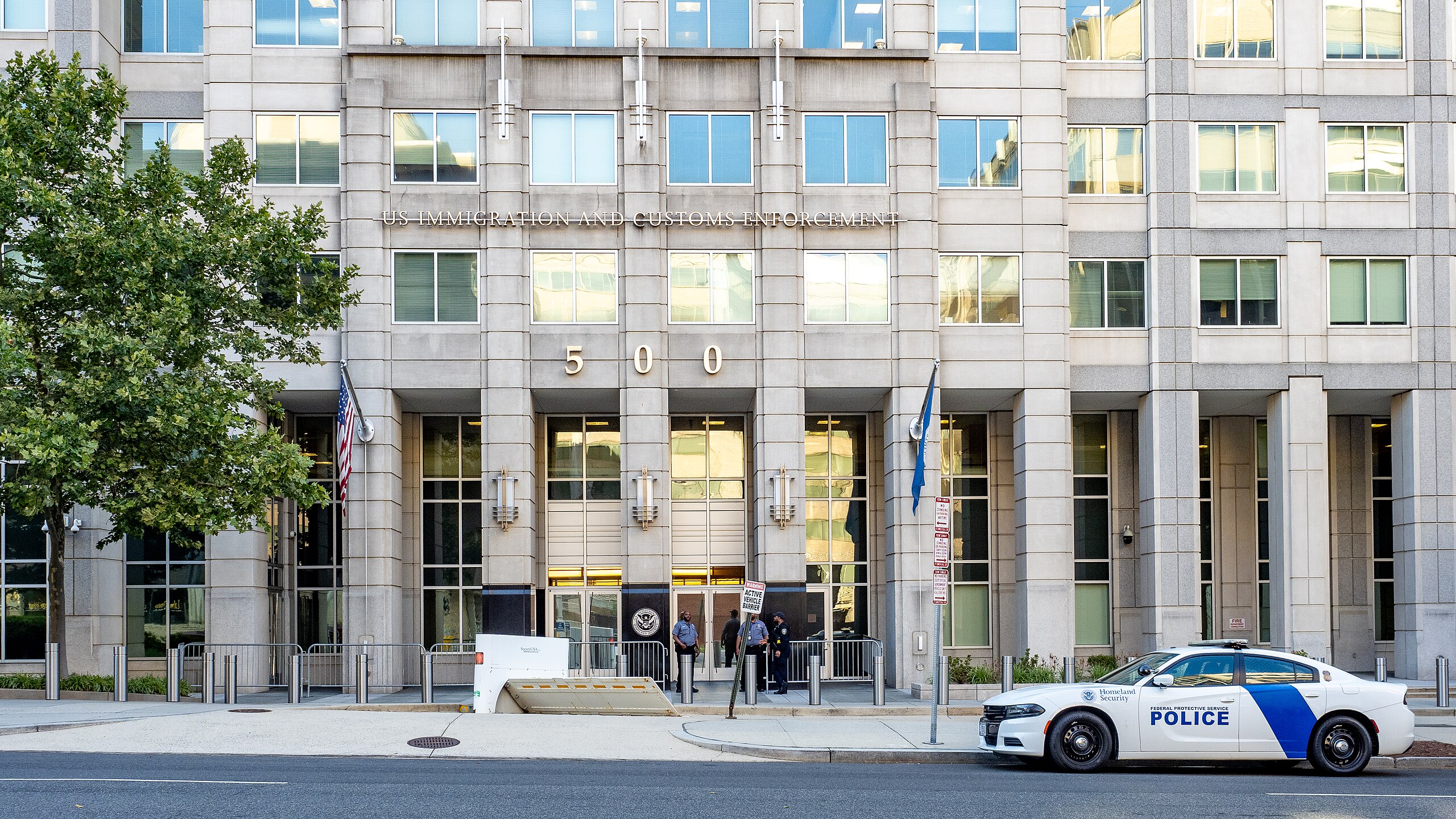Today’s Headlines and Commentary
Lawfare’s daily roundup of national security news and analysis.

Subscribe to receive this newsletter directly to your inbox.
Russian President Vladimir Putin and Chinese President Xi Jinping met in Uzbekistan earlier today. Amid political and economic isolation from and rising tensions with the West since the Russian invasion of Ukraine, the meeting reportedly signaled strength in Xi and Putin’s diplomatic relationship. After the meeting, China released a statement indicating that it was “ready to work with Russia in extending strong support to each other on issues concerning their respective core interests.”
The Senate Foreign Relations Committee passed legislation on Wednesday to increase U.S. military support for Taiwan amid increased Chinese military pressure on the island. The bipartisan legislation will provide Taiwan with approximately $4.5 billion in security assistance over the course of four years. White House National Security Adviser told reporters that the Biden administration has “some concern” about elements of the legislation amid China’s looming threat of an invasion of the island.
Border clashes between Armenian and Azerbaijan forces ended in a ceasefire last night. Both nations lost more than 150 military personnel in the two-day conflict before Armenia’s Security Council Secretary Armen Grigoryan, announced the truce. Armenian protestors flocked the nation’s capital yesterday, condemning Prime Minister Nikol Pashinyan for his complacency in negotiations and claiming that the prime minister betrayed Armenia to appease Azerbaijan.
President Biden announced that unions representing rail companies and laborers reached a tentative agreement following a series of negotiations amid threats of a strike. Laborers protested the freight and rail companies’ pay rates and scheduling policies, which previously did not include time off to attend medical appointments without some sort of punishment. A widespread railroad union strike would have likely caused damage to supply chains and transportation infrastructure nationwide. Union members have agreed not to strike while the agreement awaits ratification vote. Negotiations with union members were led by Labor Secretary Martin J. Walsh. The agreement will allow for workers to be able to “take time away from work to attend routine and preventative medical, as well as exemptions from attendance policies for hospitalizations and surgical procedures,” said the presidents of the Brotherhood of Locomotive Engineers and Trainmen and the Transportation Division of the International Association of Sheet Metal, Air, Rail and Transportation Workers. President Biden described the deal as “big win for America.”
Iranian hackers that breached computer systems in the United States, Israel, Russia, and Britain are now facing criminal charges brought on by the United States. The hackers used malware to attack and demand ransom from their targets, which included governments, public sector utilities, and humanitarian organizations. According to the State Department, the three suspects are linked to Iran’s military, though the attacks are suspected to be independent of the Iranian government. The three hackers—Mansour Ahmadi, Ahman Khatibi Aghda and Amir Hossein Nickaein Ravar—face a number of cyber extortion charges as well as conspiracy to commit fraud using a computer. The men are currently at large.
Mark Meadows, former White House chief of staff, complied with a subpoena issued by the Justice Department earlier this week in its investigation into the Jan. 6 attack on the U.S. Capitol. Last year, Meadows sent the House select committee investigating Jan. 6 over 2,000 of his recorded correspondences between the 2020 election and President Joe Biden’s inauguration detailing efforts to detect election fraud in compliance with subpoena from the committee. The materials Meadows turned over to the Justice Department this week were the same he submitted upon the select committee’s request for materials last year.
ICYMI: Yesterday on Lawfare
Jen Patja Howell shared an episode of Rational Security in which Alan Rozenshtein, Quinta Jurecic, Scott Anderson, and Dana Stuster discussed this week’s national security news. The team discussed the recent Russian retreat in Ukraine, Cloudflare’s decision to stop providing security services to Kiwi Farms, the death of Queen Elizabeth II, and more.
Herb Lin analyzed the threat quantum computing poses to national security. Assuming quantum computing will eventually be able to decrypt the internet’s most secure encryption algorithms, Lin suggested that governments and entities with secrets form contingency plans in the case of leaks of confidential information.
John Bellinger, Sean Mirski, and Catherine McCarthy examined the U.S. District Court for the Eastern District of Missouri’s dismissal of a series of civil lawsuits filed against the People’s Republic of China for allegedly causing the coronavirus pandemic.
Howell shared an episode of the Lawfare Podcast in which Tia Sewell sat down with Rupert Stone to discuss the relationship between the Taliban and Afghanistan’s illicit drug trade.
Email the Roundup Team noteworthy law and security-related articles to include, and follow us on Twitter and Facebook for additional commentary on these issues. Sign up to receive Lawfare in your inbox. Check out relevant job openings on our Job Board.





